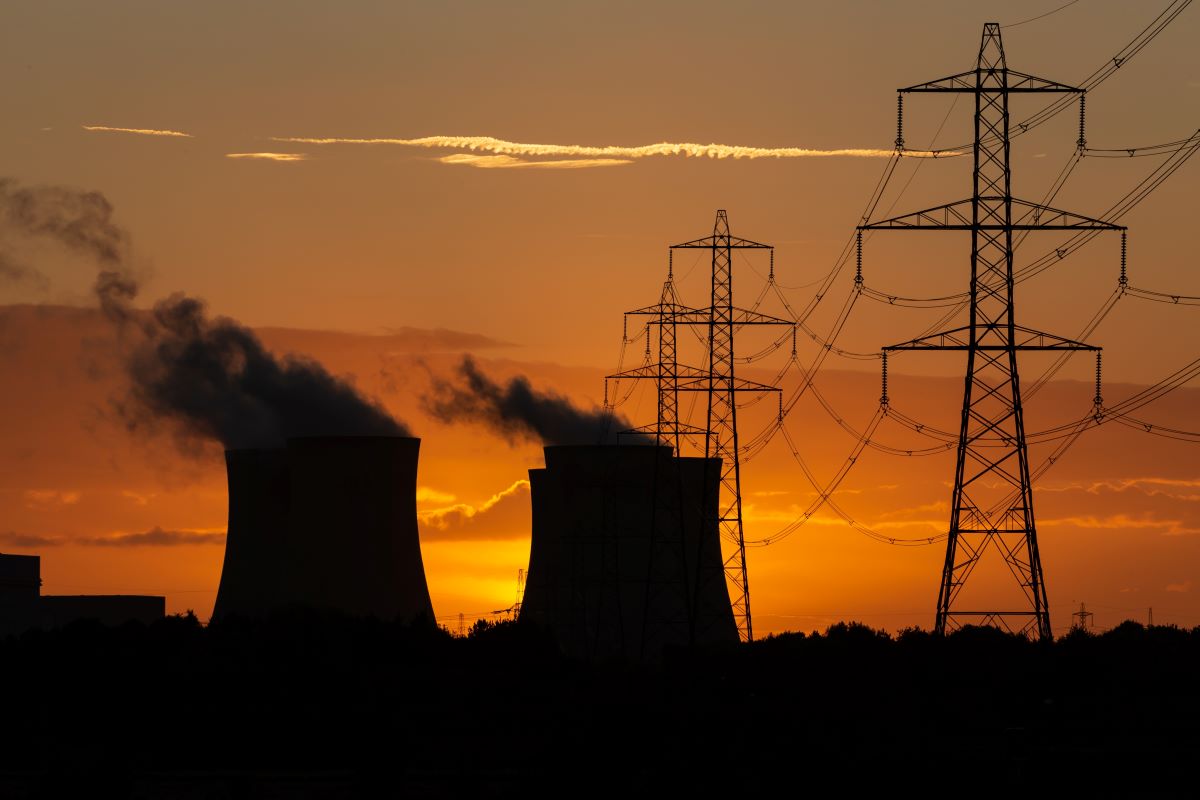Despite record-breaking profits of £420 billion, the UK energy sector has cautioned that a proposed windfall tax hike could lead to significant job losses and hinder investment in renewable energy. Here’s the full story.
Windfall Tax: Energy Sector’s Concerns
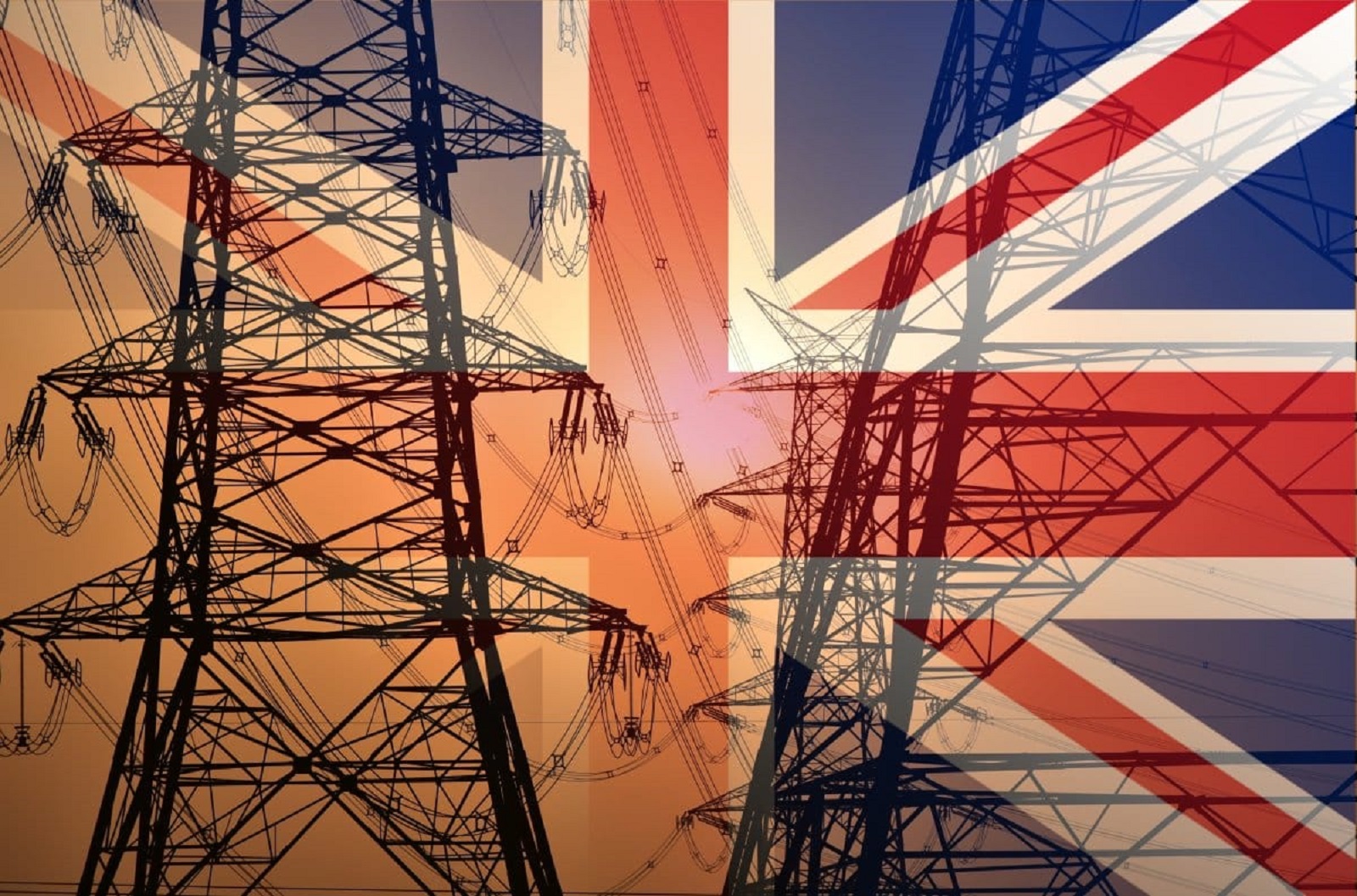
Won’t someone think of the poor energy companies? That seems to be the message coming out of the UK’s energy sector, which has warned of severe economic and environmental consequences should the UK government increase the windfall tax on energy companies’ profits.
Industry Pushback

The government plans to raise the windfall tax on oil and gas profits by a measly 3% in November, from 75% to 78%, have been met with strong opposition from the energy sector, which is suddenly pleading poverty.
“Grave Concern”

In an open letter to HM Treasury, 42 firms voiced their “grave concern” over the potential impact on jobs, investment, and the broader energy industry. The letter, seen by the BBC, emphasised the risk to £200 billion worth of investment in domestic energy, including renewable energy projects, and warned of the adverse ripple effects throughout the supply chain.
Threatened Jobs

The proposed tax changes have caused the energy sector to howl with anguish. Offshore Energies UK (OEUK), a trade association representing more than 400 companies, warned that the government’s plans could threaten “tens of thousands of jobs.”
“Kidnapper Ransom Note”

In language that wouldn’t seem out of place in a kidnapper ransom note, the letter notes that should the energy companies suffer the grievous wound of a 3% increase in tax on their profits, there may be job losses.
Supply Chain Ramifications

The letter states, “For our companies, this surprise risks operators – big and small – further scaling back or postponing their investment plans in response. The ramifications will be felt throughout the supply chain, through jobs, and the communities this industry supports, both directly and indirectly.”
Renewable Energy Threat

One of the most outlandish arguments OEUK makes is that an increase in the windfall tax of 3% could hinder the UK’s transition to renewable energy. This is required to prevent the impending climate catastrophe caused by the burning of fossil fuels sold by these same energy companies.
Shell’s Knowledge

This sudden interest in the green transition became all the more implausible when one of the signatories, Shell, knew as far back as the 1980s what effect the buildup of CO2 in the atmosphere would have in the future.
Feigned Concern for Climate

Incredibly, now that tax increases are on the horizon, OEUK is suddenly concerned that these tax changes could reduce investment in emerging renewable technologies, thereby undermining the UK’s efforts to achieve its climate goals.
Comparable to Norway

However, despite the wailing and gnashing of teeth from energy companies over a tiny increase in their taxes, the government’s decision to increase the UK’s windfall tax brings the UK’s tax burden on oil and gas companies in line with that of Norway, which, despite its high tax rate, remains one of the world’s largest exporters of oil.
Harbour Energy’s Cuts

The BBC reported that Harbour Energy, the UK’s largest oil and gas producer, recently announced plans to cut 350 jobs in response to the windfall tax changes, citing the negative impact on investment. Harbour Energy made $32 million in post-tax profits in 2023.
Soaring Profits Amid Crisis
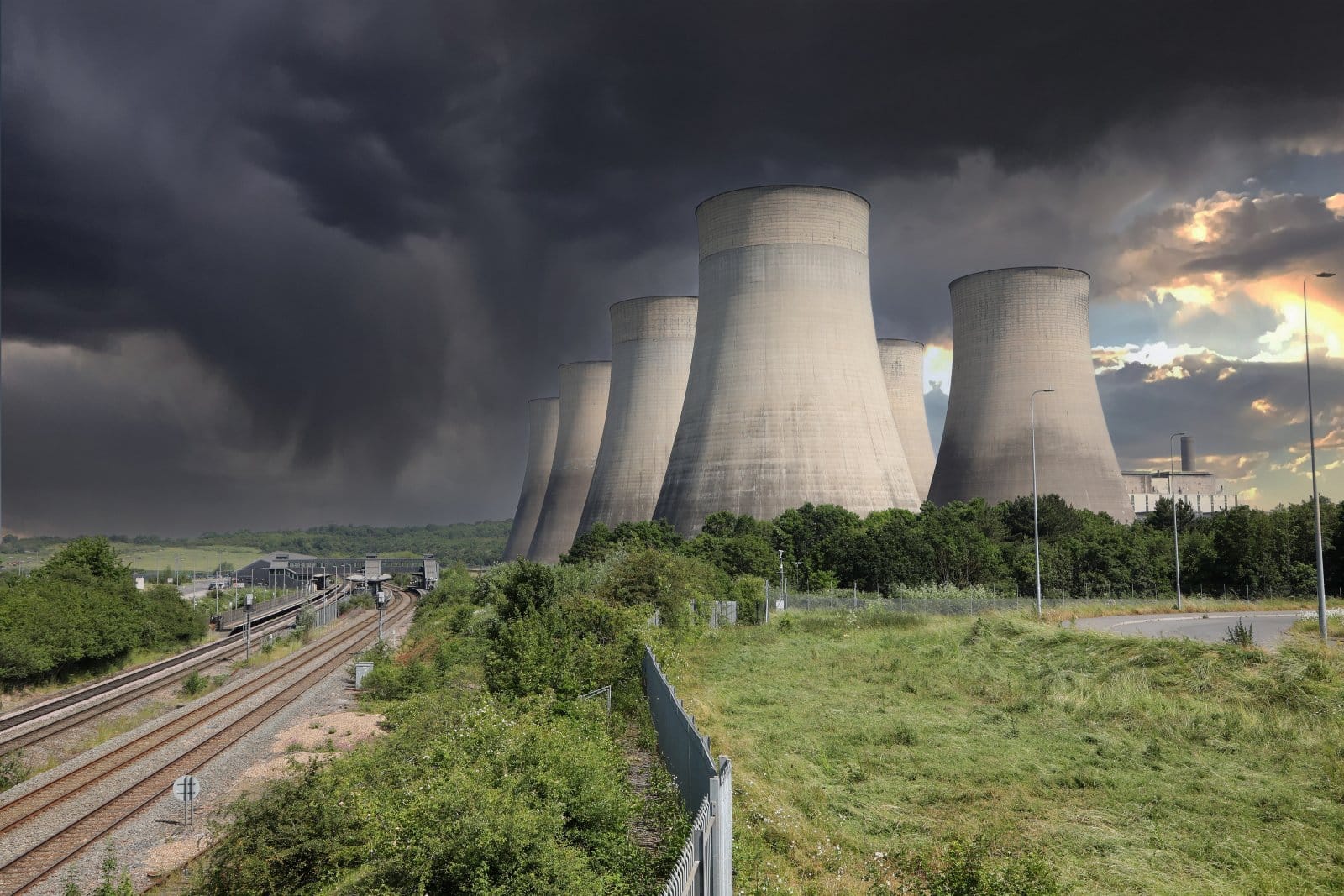
Harbour Energy is not alone in making massive amounts of money from the sale of oil and gas. Since the onset of the energy crisis triggered by Russia’s invasion of Ukraine, energy companies have reported staggering profits totalling over £420 billion, according to an analysis by the End Fuel Poverty Coalition.
Consumer Cost Increase

As these companies have seen their profits soar, consumers have faced rising energy costs, including a 147% increase in electricity standing charges since 2021. A recent analysis highlighted that the estimated annual cost per household for gas network charges has risen by 38% over the same period.
Public Anger

The massive profits reported by energy companies have fueled public anger, particularly as households continue to struggle with high energy bills.
Government Defends Tax
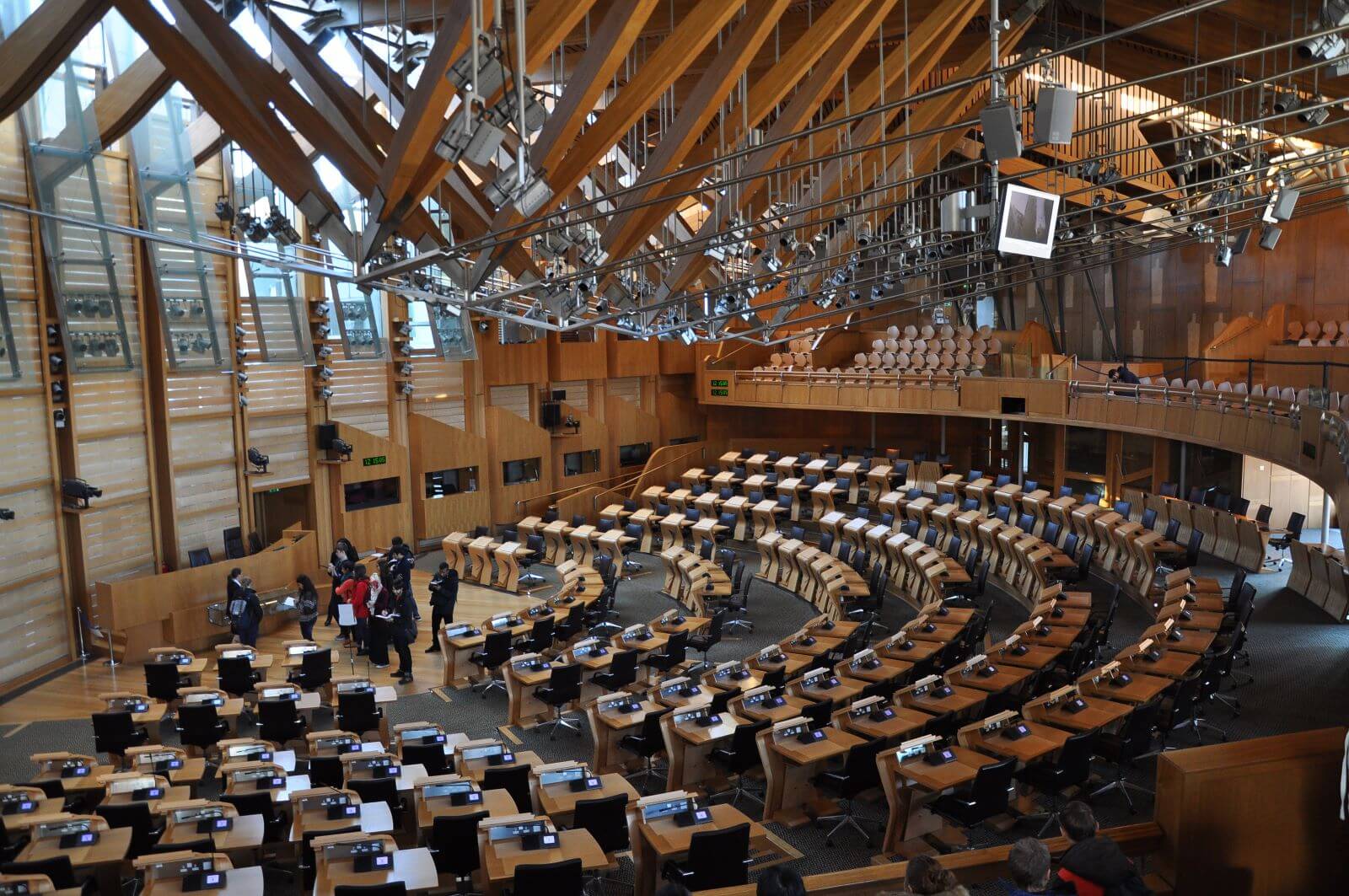
Similarly, the government has defended its decision to increase the windfall tax. A Treasury spokesperson stated that the government is “strengthening the previous government’s windfall tax to ensure North Sea oil and gas producers contribute their fair share towards our energy transition.”
Promises of Job Creation

The government has also promised that its industrial strategy, including creating a new National Wealth Fund and setting up Great British Energy, will generate thousands of jobs in emerging industries.
The Irony of Pleading

With the windfall tax increase fast approaching, it is hugely ironic that the oil and gas companies—those very pillars of global warming, who’ve spent decades denying their role and bankrolling think tanks to keep the climate debate murky—are now pleading for leniency, despite raking in billions in profits.
Past Failures, Future Influence
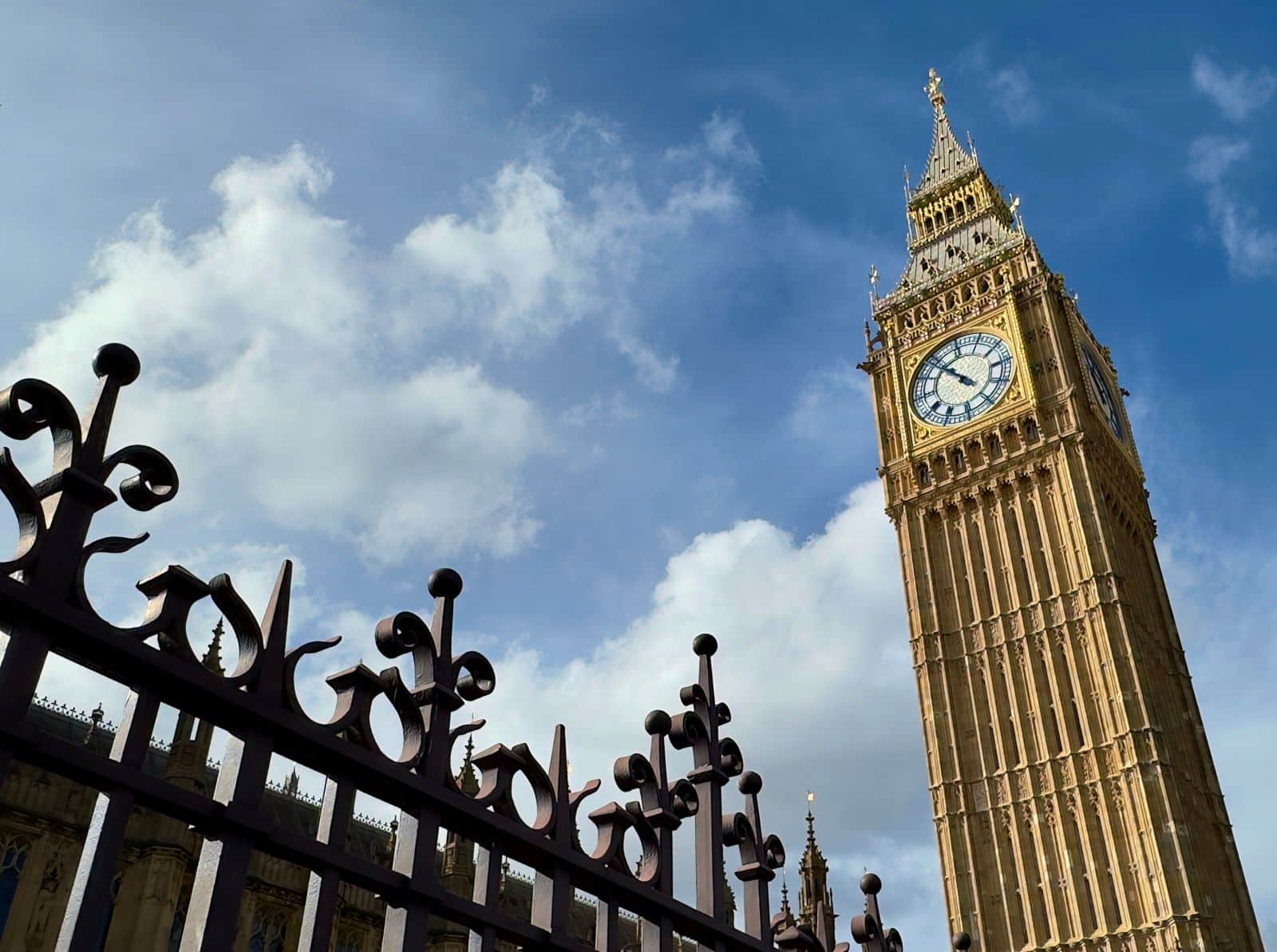
As they warn of the catastrophic impact of a windfall tax hike on jobs and investments, one might almost forget their contribution to the crisis they now claim to be helping solve.
Uncertain Outcome
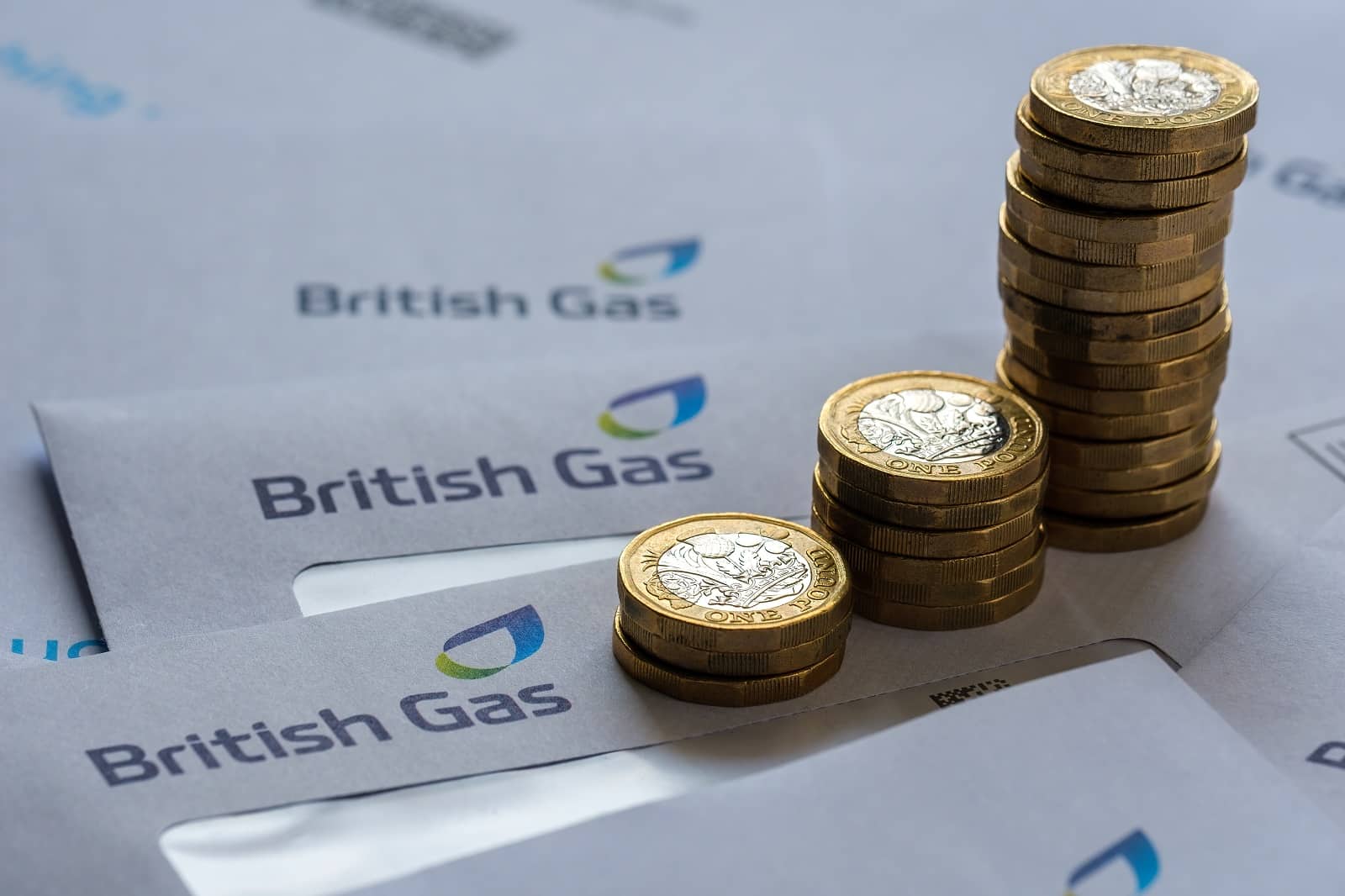
It remains to be seen whether the pleadings of these oil and gas giants will fall on deaf ears or, considering the industry’s wealth and power, whether the government can be influenced to halt the 3% increase to the windfall tax they will soon have to pay.
The Great Escape: Wealthy Brits Flee to Dodge Labour Taxes

As the UK prepares for potential tax reforms, the wealthy flee in droves to avoid paying their fair share, sparking a contentious debate over tax avoidance and economic unfairness. Here’s the full story. The Great Escape: Wealthy Brits Flee to Dodge Labour Taxes
20 Signs Millennials Are Rejecting the UK’s Woke Culture

Are Millennials across the UK starting to question the pervasive ‘woke’ culture? As they navigate an increasingly complex social and economic landscape, many are seeking more practical, nuanced approaches. 20 Signs Millennials Are Rejecting the UK’s Woke Culture
New Era: Labour Enforces Strict Immigration Control With Deportations and Convictions

More than 40 criminals and migrants are sent back to Vietnam and Timor-Leste. It’s a victory as a UK-based criminal gang is sentenced. Here’s the story. New Era: Labour Enforces Strict Immigration Control With Deportations and Convictions
Featured Image Credit: Shutterstock / Serenity Images23.
The images used are for illustrative purposes only and may not represent the actual people or places mentioned in the article.

